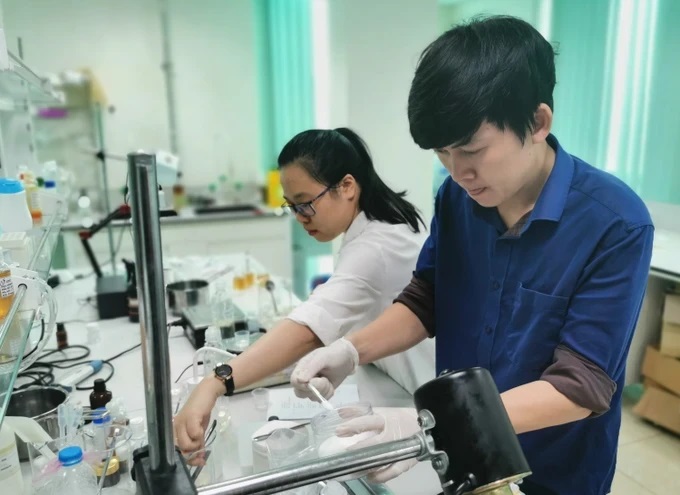
Vietnamese S&T enterprises face challenges in accessing
government incentives, intellectual property protection, and tax policies,
hindering their growth and competitiveness.
Deputy Director Chu Van Hai of the HCMC Department of Science and Technology shared that the city currently has 111 certified science and technology (S&T) enterprises, with over 700 more eligible. The city also houses 36 incubation centers and 13 common working spaces to serve around 2,000 innovative startups. This indicates significant potential for the growth of the city's S&T business network.
However, Deputy Director Phan Thi Thuy Ly of the Incubation Center under Saigon Hi-tech Park (SHTP-IC) pointed out that there are challenges in obtaining S&T enterprise certification, which requires proof of ownership and legal use of research results, as well as demonstrating the incubation process and intellectual property rights.
Nationwide, over 800 enterprises have been certified as S&T enterprises out of a pool of 3,000 eligible ones. While many of these businesses are performing well and contributing to the national economy and some are even in the list of 500 top enterprises with the highest growth rate, they encounter various obstacles.
Hoang Duc Thao, Chairman of the Vietnam Science and Technology Enterprises Association (VTS), observed that S&T enterprises are not fully benefiting from the available incentives. For instance, the limited availability of land in industrial zones hinders the implementation of land rent exemptions for these enterprises. Additionally, qualifying for tax incentives is challenging due to the requirement of achieving a certain level of growth and revenue from S&T activities.
More seriously, the personal income tax system is perceived as being unfair and discouraging innovation. Scientists who invest their own funds in research and commercialization of S&T products are subject to the same tax rates as those conducting state-funded research projects.
To foster the growth of S&T enterprises, the Ministry of Science and Technology recently met with VTS to discuss support policies and address challenges.
Hoang Duc Thao proposed providing S&T enterprises with full access to incentives.
The Ministry of Science and Technology has suggested working with the Ministry of Finance and the General Department of Taxation to submit a proposal to the National Assembly and the Government to consider a special mechanism for expanding the scope of taxable income from copyrights (as stipulated in Article 16 of the 2014 Personal Income Tax Law), applying a full tax rate of 5 percent to the income of intellectual property owners.
Additionally, there is a need to expedite the process of reviewing intellectual property registration applications.
Experts believe that to keep pace with global trends and implement the government's policy, Vietnamese businesses have been actively shifting towards a development model based on science, technology, and innovation. Without embracing these elements, businesses will struggle to compete domestically and internationally.
While various policies and incentives have been introduced to support S&T enterprises, experts and the Ministry of Science and Technology agree that more needs to be done. In particular, there are challenges in the coordination and implementation of policies across different government agencies.
The Ministry of Science and Technology has identified the need to develop strong support and incentive policies for S&T enterprises, clearly define their role and position, and enhance discussions on incentive policies to assess what can be implemented immediately.

 Previous page
Previous page Back to top
Back to top







